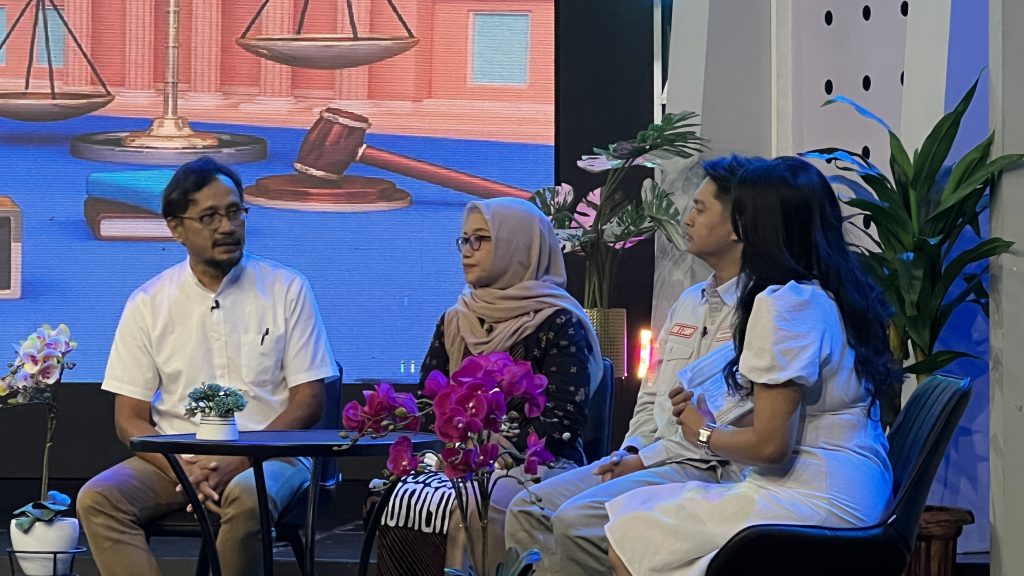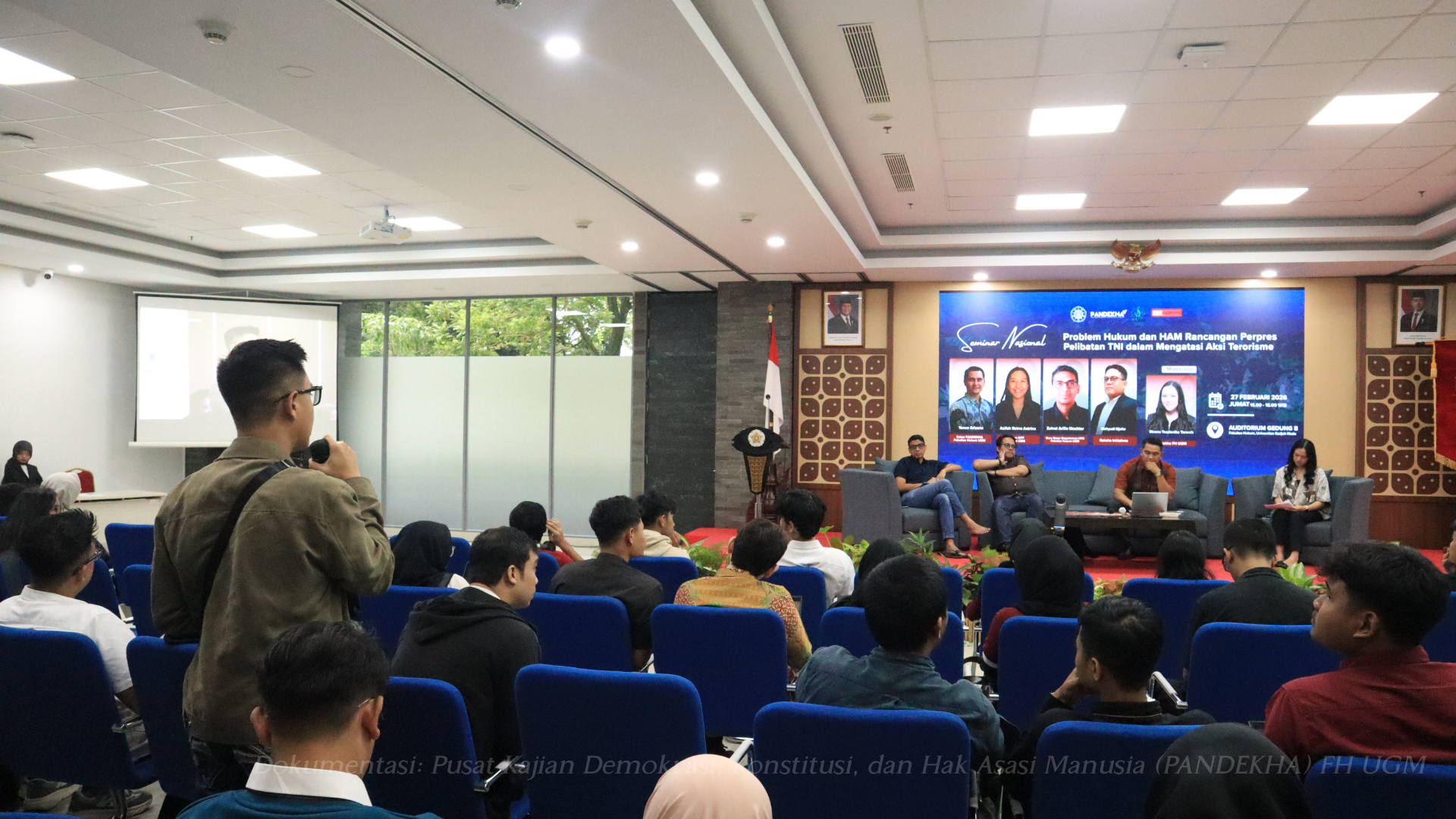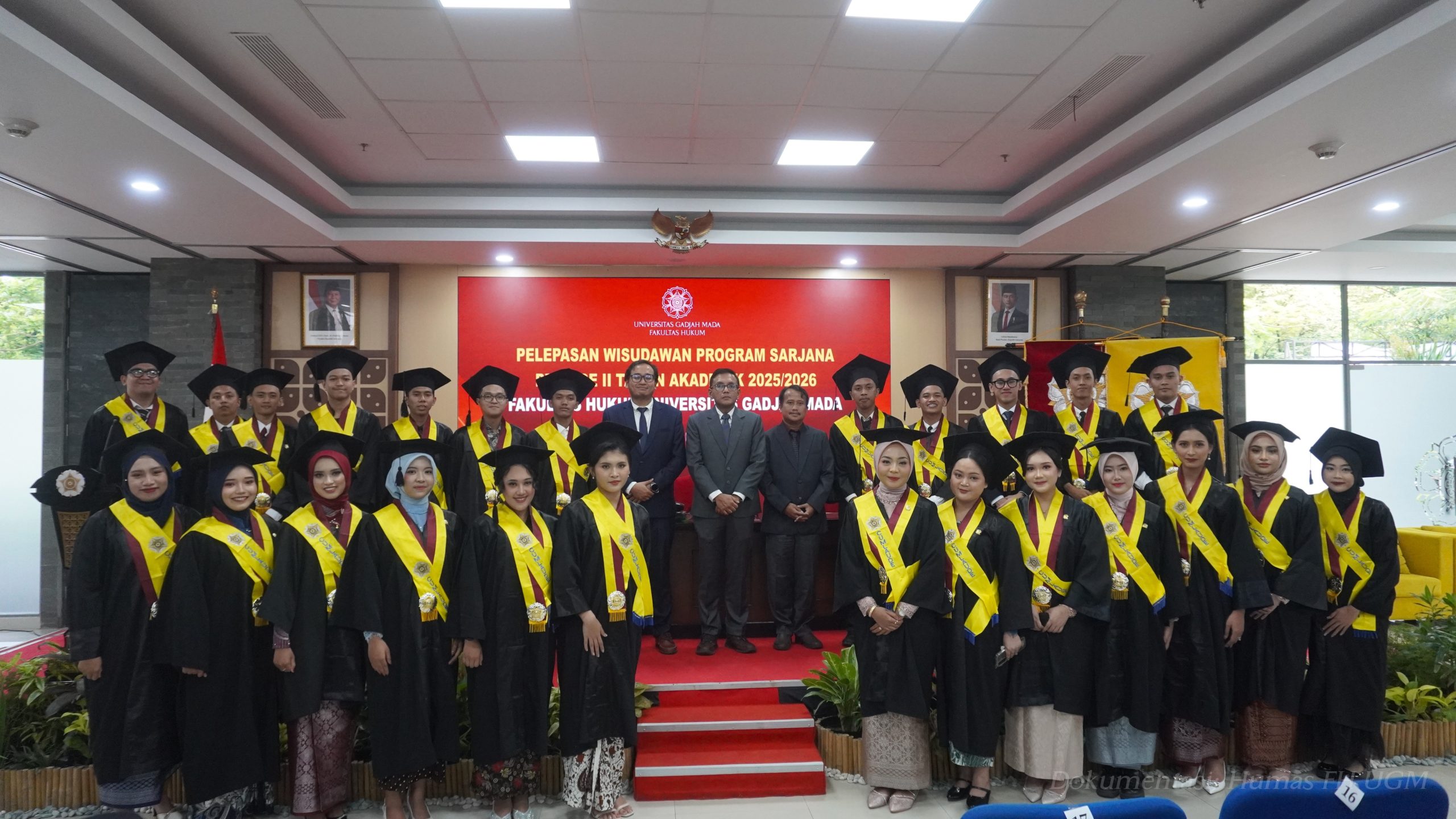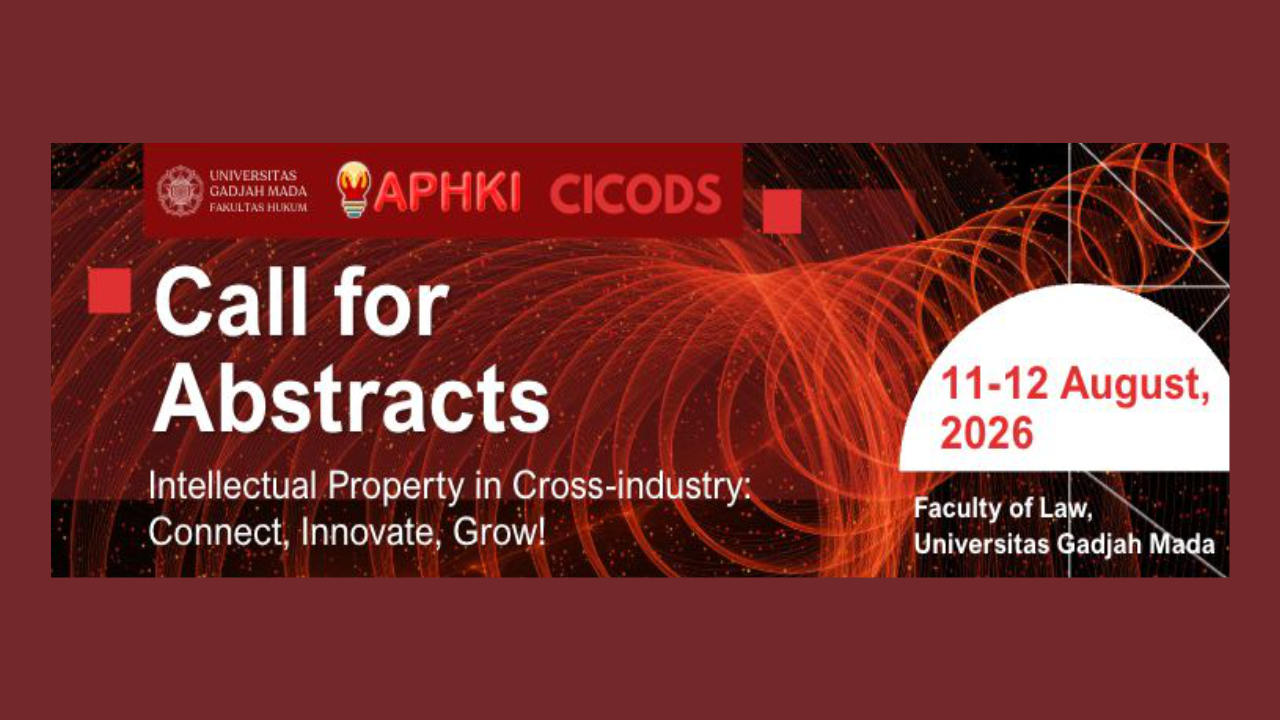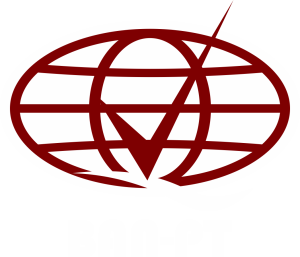The Pro Justisia episode of TVRI Yogyakarta, produced in collaboration with the Faculty of Law, Universitas Gadjah Mada (FH UGM), spotlighted a pressing issue titled “Mining in the Special Region of Yogyakarta: Between Privilege, Economy, and Environmental Degradation.” The program, aired on Tuesday, June 24, 2025, at 3:00 PM, featured three distinguished speakers: Dr. Totok Dwi Diantoro, S.H., M.Hum. (Environmental Law Lecturer, FH UGM), Wasingatu Zakiyah, S.H., M.A. (Director of Caksana Institute), and Jaya Darmawan, S.A. (Researcher at CELIOS and member of the Jogobanyu Jogjakarta Coalition).
Guided by a reflective tone through a poetry reading themed around the ecological crisis, the episode opened with a strong message: Yogyakarta, long celebrated as a “special region,” is now facing a serious threat due to the uncontrolled exploitation of its natural resources.
Mining Phenomena and Environmental Impacts
Dr. Totok Dwi Diantoro opened the discussion by asserting that the mining phenomenon in Yogyakarta reflects the long-standing tension between exploitation and conservation. Although its scale is smaller than in regions such as Papua or Kalimantan, mining activities in Yogyakarta still produce significant ecological impacts.
He noted that the extraction of rocks, sand, and limestone across various parts of the province has triggered landslides on the slopes of Mount Merapi, decreased groundwater levels, and polluted surface water. “Mining activities in Yogyakarta have significant environmental implications and should not be viewed as ordinary economic enterprises,” Dr. Totok emphasized.
He underscored the importance of legal accountability in environmental management. Every mining license, he said, must be based on a serious and credible Environmental Impact Assessment (AMDAL) rather than a mere administrative formality.“We cannot trade the beauty and safety of our environment for short-term profit,” he added.
Yogyakarta’s Privilege and Mining Governance
Offering a different perspective, Wasingatu Zakiyah examined the mining issue through the lens of Yogyakarta’s special status and regional governance. She explained that Yogyakarta holds a distinctive philosophical heritage, the imaginary axis connecting Mount Merapi, the Sultan’s Palace, and the Southern Sea, symbolizing the harmonious relationship between humans and nature. Uncontrolled mining activities, she warned, risk damaging this philosophical, ecological, and spiritual balance.
Zakiyah, commonly known as Bu Zaki, also reminded audiences that the karst and coastal areas of Yogyakarta are officially under a mining moratorium, yet implementation remains far from effective. “Many mining permits are still active, even in protected zones. This highlights weak supervision and poor policy enforcement in the field,” she noted.
She further emphasized that Yogyakarta is not geologically rich in mineral resources. The volcanic materials produced by Mount Merapi are limited and naturally renewable only over long geological cycles. Excessive exploitation, she warned, threatens natural heritage sites such as the sand dunes (gumuk pasir) that deserve protection. “Yogyakarta’s privilege is not only about politics or culture, it is also about how we preserve our relationship with nature,” Zakiyah affirmed.
She called for greater transparency in mining permits, strict enforcement of post-mining reclamation, and community participation in environmental monitoring. The regional government is currently revising its Regional Regulation on Mining, a process that she believes must be closely monitored to ensure it supports environmental sustainability and ecological justice.
Economic Aspects: Imbalance Between Benefits and Social Costs
From an economic perspective, Jaya Darmawan of CELIOS presented findings from the Jogobanyu Jogjakarta Coalition, which conducted a cost-benefit analysis of mining activities in Yogyakarta. His research revealed a striking imbalance: the environmental and social costs of mining reach IDR 2.5 trillion per year, while the economic benefits amount to only about IDR 200 billion.
The analysis accounted for negative externalities such as public health costs, infrastructure damage, loss of soil productivity, and failed reclamation efforts. Over a 20-year net present value (NPV) calculation, the total economic loss reached IDR 1.07 trillion. “If all external costs are considered, it becomes clear that mining in Yogyakarta is economically unviable,” Jaya stated.
He argued that current development policies remain biased toward short-term growth, overlooking the ecological and social losses borne by communities. According to him, Indonesia urgently needs to adopt environmental economics approaches within its extractive industry policies to ensure that development does not come at the expense of sustainability.
Legal Education and Ecological Reflection (environmental economics) dalam setiap kebijakan industri ekstraktif agar pembangunan tidak mengorbankan keberlanjutan.
The Pro Justisia legal education program, facilitated by the Legal Consultation and Aid Center (PKBH) of FH UGM, provided a platform for deep reflection on how Yogyakarta’s mining issue is not merely an economic problem, but one that involves governance, cultural values, and ecological justice.
Dr. Totok emphasized the importance of enforcing environmental law; Wasingatu Zakiyah highlighted the cultural and ecological dimensions of Yogyakarta’s special status; and Jaya Darmawan demonstrated the economic losses that arise from unsustainable mining practices. All three agreed that Yogyakarta’s mining policies must undergo a comprehensive review, placing environmental sustainability at the core of public policy.
This effort aligns with the Faculty of Law UGM's commitment to achieving the Sustainable Development Goals (SDGs). This discussion on mining issues emphasizes the importance of concrete action in addressing climate change and environmental damage caused by uncontrolled exploitation of natural resources, in line with SDG 13 (Addressing Climate Change). Efforts to protect karst, coastal, and sand dune areas align with SDG 15 (Terrestrial Ecosystems), ensuring their sustainability through a mining moratorium, reclamation, and community involvement in environmental monitoring. Furthermore, the push for transparent and accountable mining governance reflects the implementation of SDG 16 (Peace, Justice, and Strong Institutions), as consistent environmental law enforcement and community participation are key to achieving strong institutions and ecological justice.
Thus, this broadcast serves not only as a platform for legal education and environmental advocacy, but also as a concrete contribution from academics in supporting sustainable development that balances economic, social, and ecological aspects in the Special Region of Yogyakarta.
Written by: Aji Baskoro Legal Education Assistant


